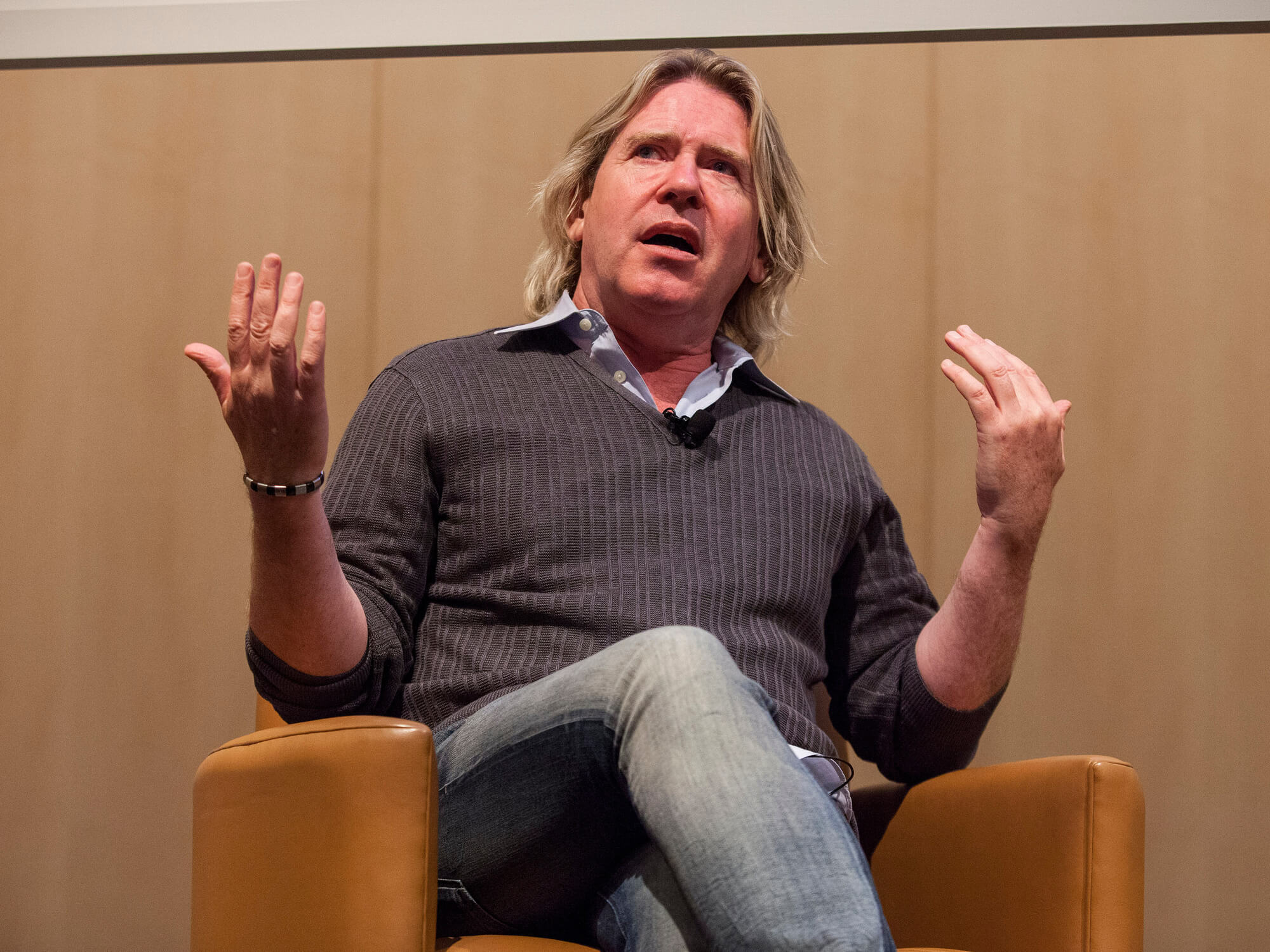Related Tags
“For me, a powerchord is laziness – you can get that power from something else”: Grammy-winning U2 producer Steve Lillywhite says people lean too much on this classic guitar technique
He says while there are “many successful bands who do that”, barely any make up part of his discography as a producer.

Image: Barry Brecheisen / Getty Images
Five-time Grammy-winning producer Steve Lillywhite has shared his dislike for powerchords, describing the technique as “laziness” and decidedly “not art”.
In a recent interview with Produce Like A Pro’s Warren Huart, Lillywhite cites XTC’s 1979 and 1980 albums Drums And Wires and Black Sea — both of which he’s worked on — as records that were “easy” to make because the members “were really good players.”
“They came in the studio with all the lyrics finished,” the producer says, adding that “there was never a moment when the two guitarists played the same thing. Very important — there was barely a powerchord in sight. It was lean.”
“Because for me a powerchord is laziness. Now that’s sort of controversial in itself, but square powerchords on every bar in the chorus, for me [that] is not art. You can get that power from something else.”
“Especially when two guitarists are doing it,” Lillywhite explains, noting that while there are “many successful bands who do that”, barely any are part of his discography as a producer.
“For instance, take The Edge. The Edge has only ever written one song with powerchords because he thinks there’s probably only one song left to be written with powerchords and that was Vertigo [from the Lillywhite-produced 2004 U2 album How To Dismantle An Atomic Bomb]. That’s the only song he’s ever written with powerchords.”
The producer then shares what makes a “truly great” guitar player in his opinion, saying one has to be a “sonic sculptor” as well.
“For me, probably the truly great players have both,” he says. “For me, Clapton’s great but one-dimensional because he was just a player… Brian May, now he can do everything. He’s got all that but he was a sonic sculptor.”
